



FY-SLT57
FY LIGHTING
| Availability: | |
|---|---|
| Quantity: | |
Specification
Power |
500W |
600W |
800W |
1000W |
Solar panel |
50W |
60W |
60W |
100W |
Battery |
3.2V 45AH |
3.2V 55AH |
3.2V 80AH |
3.2V 120AH |
Luminous |
6,000LM |
7,200LM |
9,600LM |
12,000LM |
Lamp size |
540*290*100mm |
|||
Material |
Aluminum |
|||
Waterproofing |
IP65 |
|||
Working modes |
Time control |
|||
Charging time |
5-6H |
|||
Discharging time |
24-36H |
|||
Warranty |
2 years |
|||
There are some key differences between residential and industrial Solar Street Lights, Based on the applications and lighting demands below listed some points:
Industrial Solar Street Light are designed with high intensity lighting, better for large areas such as bridges, streets, construction sites and parking lots.
Industrial Solar Street Lights, typically come bigger size battery and also solar panel capacity, the specification is higher than residential ones, this is because they have higher requirement on lighting results.
Industrial solar street lights are much more expensive than civilian solar street lights, mainly due to significant differences in design, materials, functionality, and durability. The following are some factors that may cause price differences:
1. Materials and processes: Industrial solar street lights are usually made of higher quality and more durable materials, while adopting more advanced production processes. These materials and processes can improve the performance and reliability of products, but they will also increase costs.
2. Function and performance: Industrial solar street lights usually have higher brightness and longer illumination distance to meet the lighting needs of industrial places. In addition, they may also have richer functions, such as intelligent control, automatic dimming, anti-theft alarm, etc. These features will increase the complexity and cost of the product.
3. Design and Customization: Industrial solar street lights usually need to be designed and customized according to specific site requirements to meet specific lighting requirements, safety standards, and appearance design. These customization requirements will increase the design and manufacturing costs of the product.
4. Brand and after-sales service: Famous brands usually provide better product quality and more comprehensive after-sales service, which also increases the cost of products. For industrial solar street lights, reliability and stability are crucial, so choosing well-known brands and high-quality service providers is usually a wise choice.
5. Mass production and customization: Industrial solar street lights usually require mass production to meet the needs of industrial sites. However, as the specific needs and conditions of each industrial site may vary, it may be necessary to customize specific street lights for each site. This demand for large-scale production and customization will lead to higher production and operating costs, thereby increasing the price of products.
6. Safety requirements: Industrial sites usually have higher safety requirements, so industrial solar street lights also need to meet higher safety standards. For example, they may require stronger impact resistance and waterproof performance, as well as a more stable power supply system. These additional safety measures will increase the manufacturing cost of the product.
7. Long term maintenance and renewal: Industrial solar street lights usually require longer term maintenance and renewal. This means that manufacturers need to provide continuous technical support and after-sales service to ensure the normal operation and timely repair of street lights. The need for long-term maintenance and updates will also increase the cost of the product.
In summary, industrial solar street lights are more expensive than civilian solar street lights, mainly because they need to meet higher performance requirements, customization and safety standards, as well as longer-term maintenance and renewal needs. Despite its high price, industrial solar street lights provide reliable, efficient, and environmentally friendly lighting solutions for industrial sites, which is of great significance for promoting industrial development and enhancing industrial safety.
IP66 CERTIFICATE
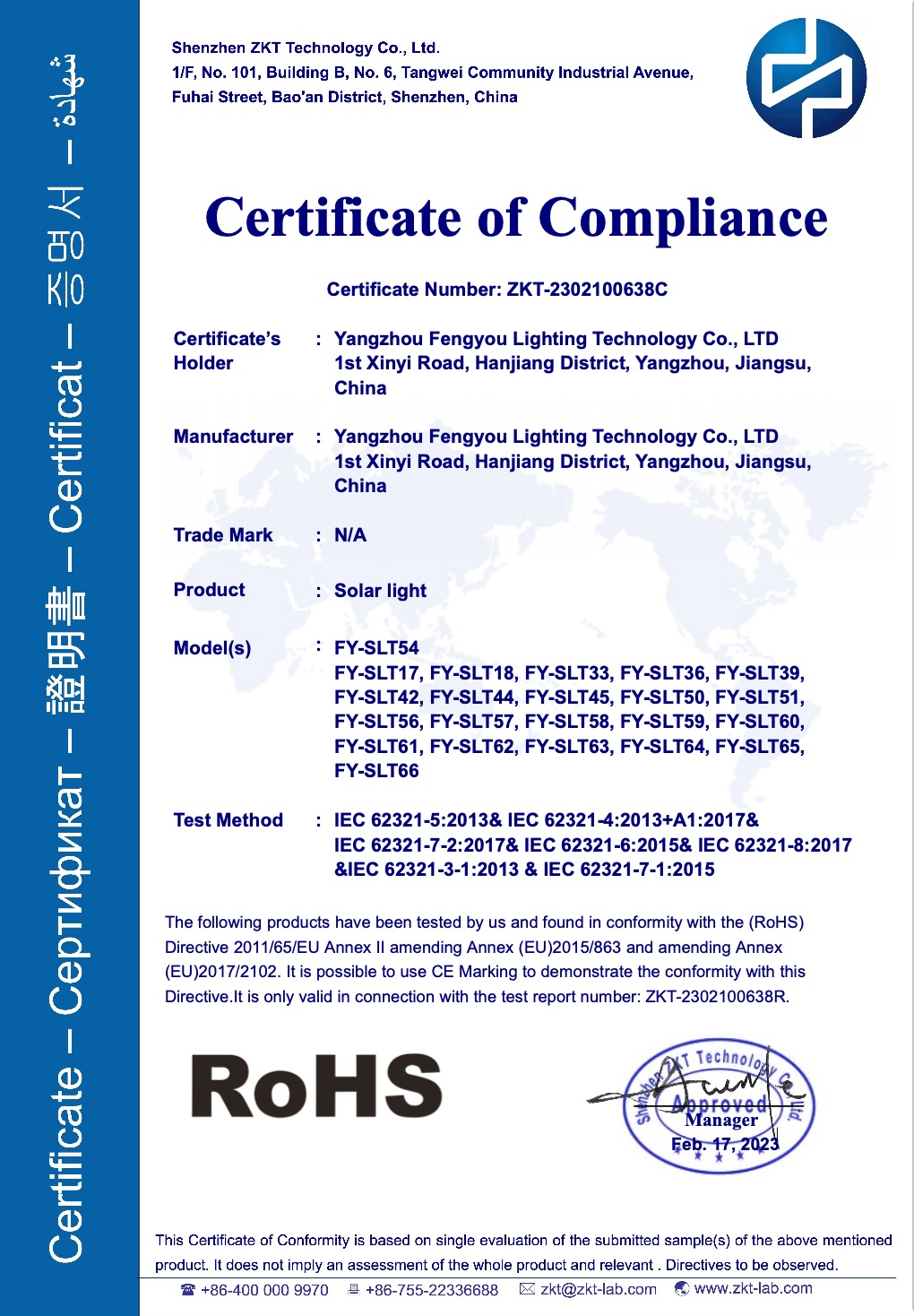
FCC CERTIFICATE
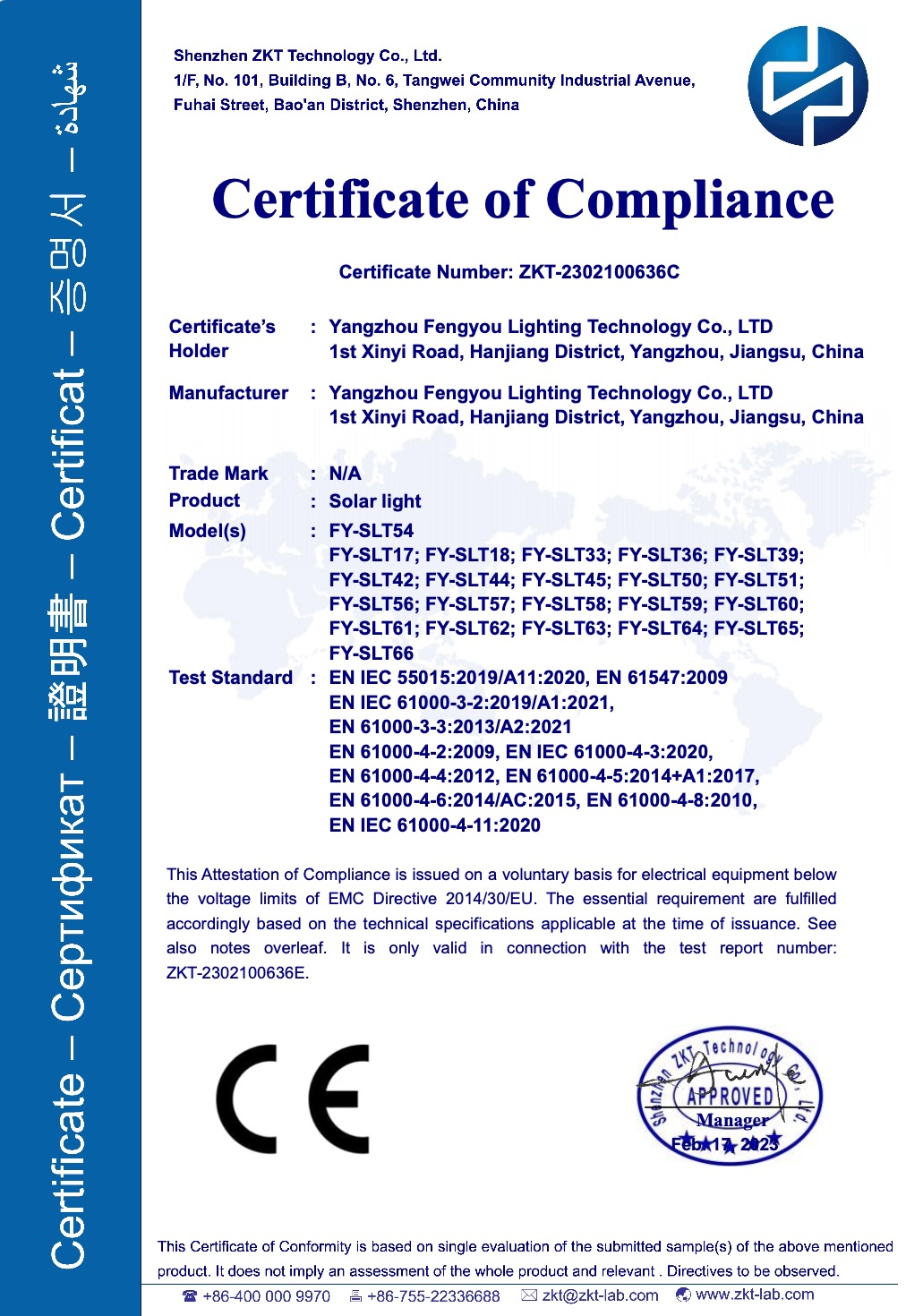
CE CERTIFICATE
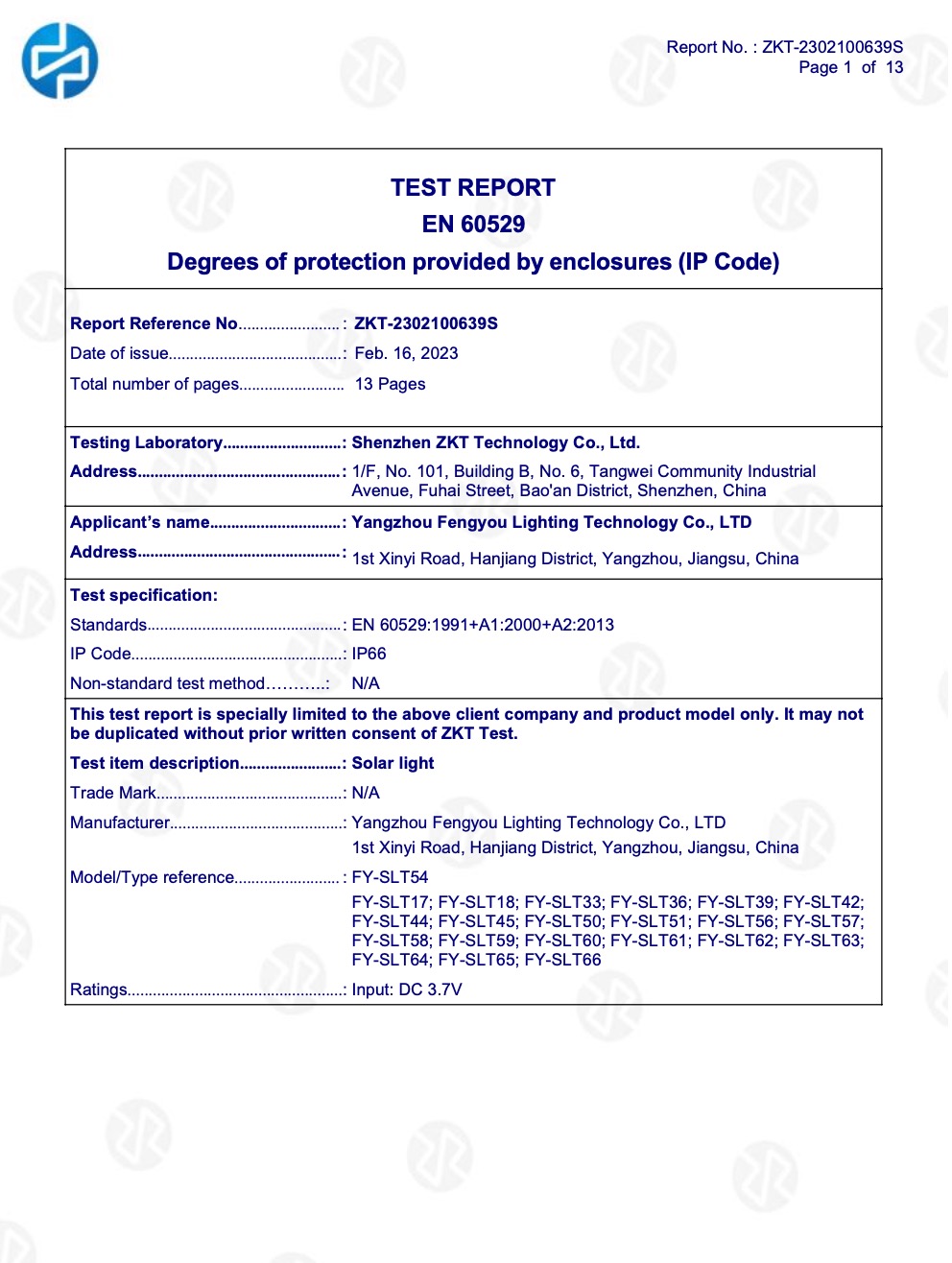
IP66 REPORT
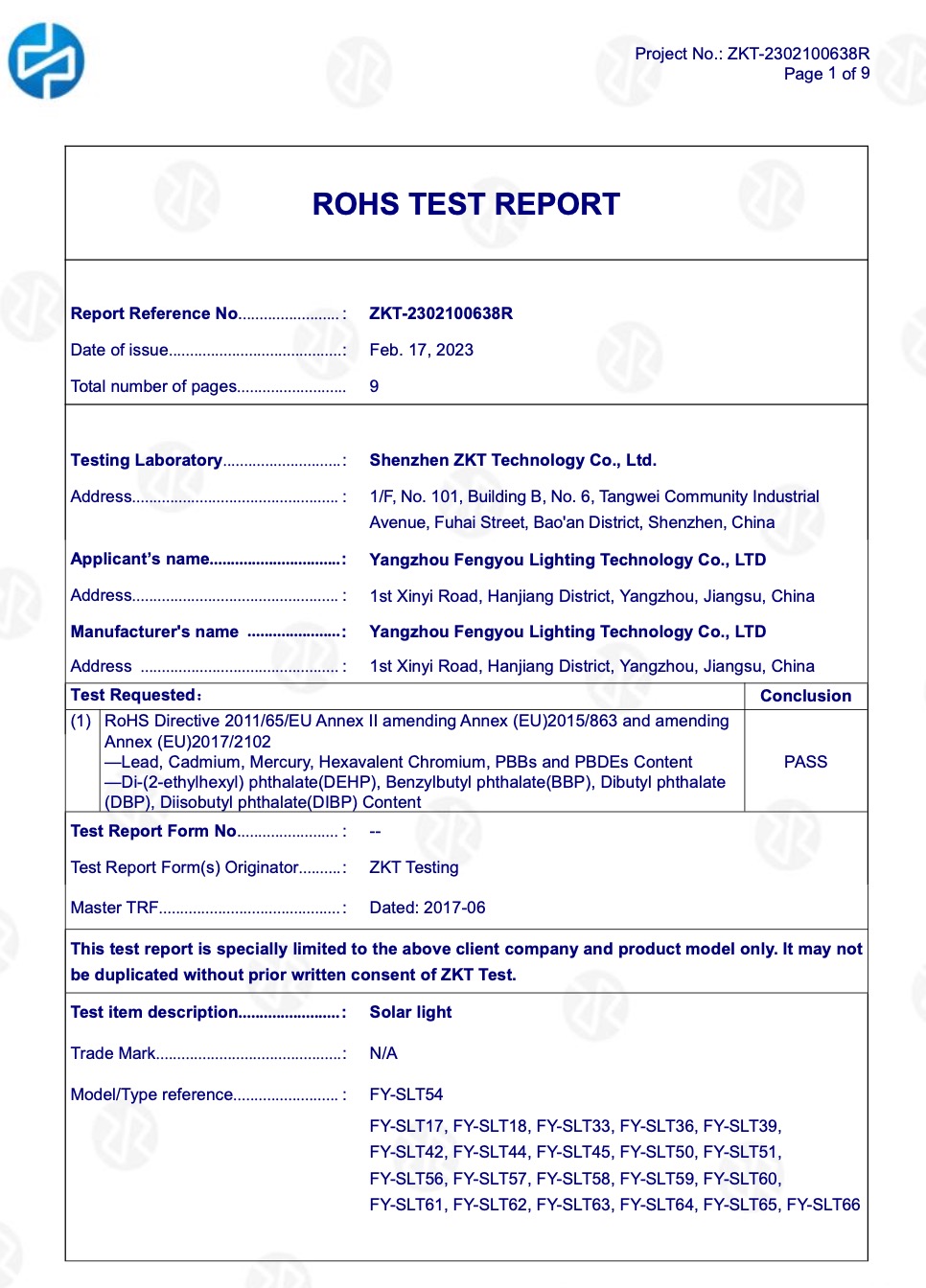
ROHS REPORT
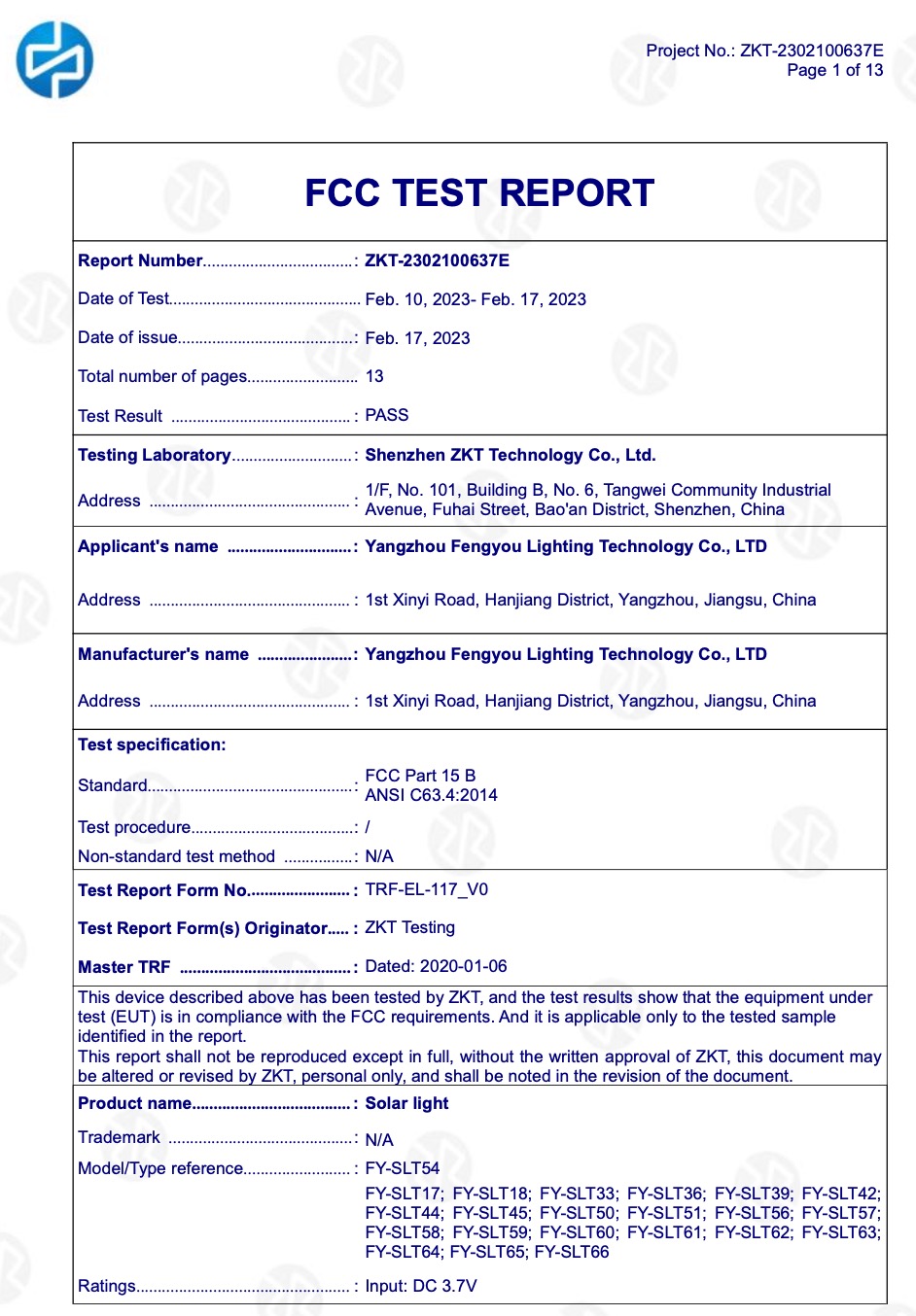
FCC REPORT
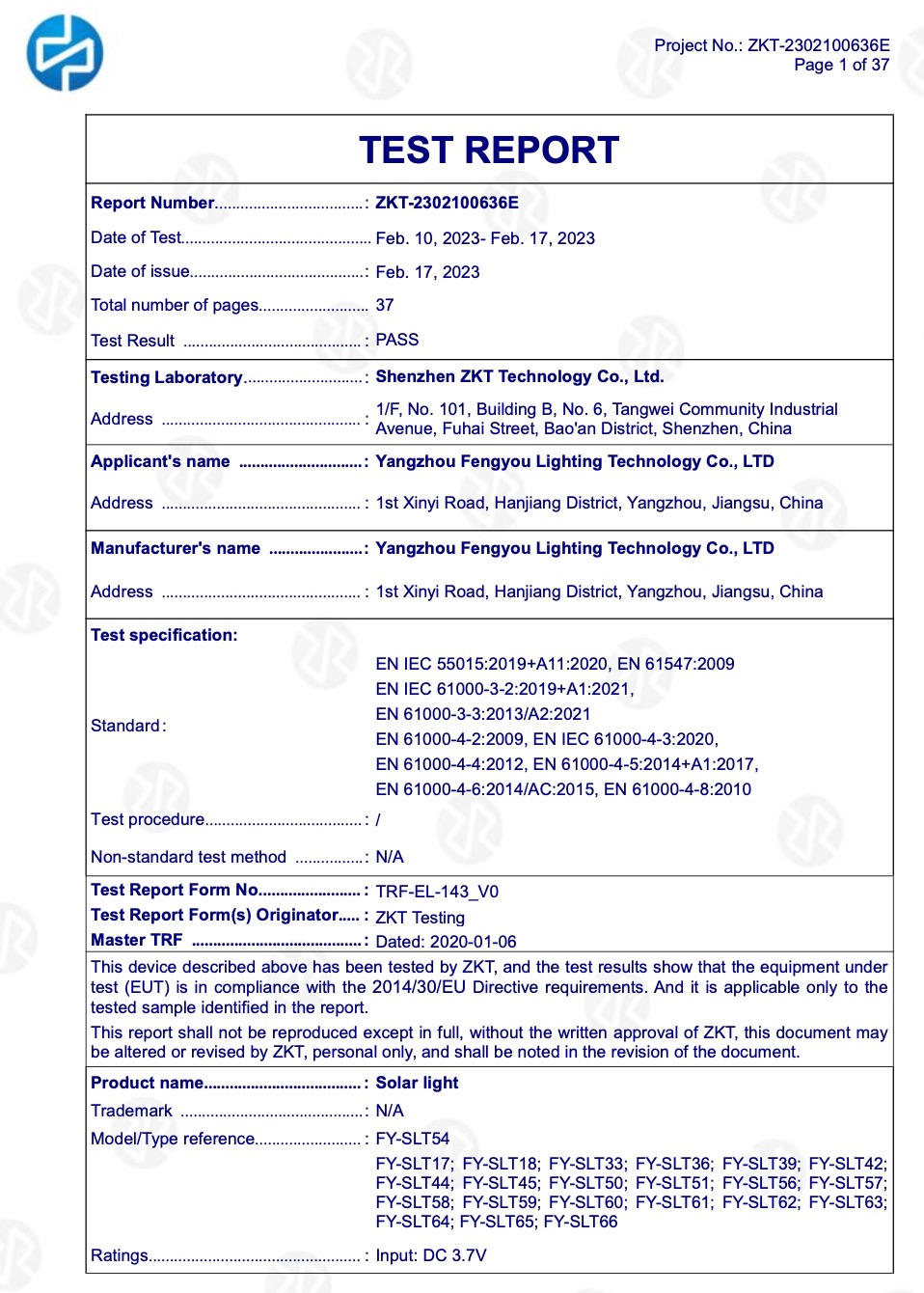
CE REPORT
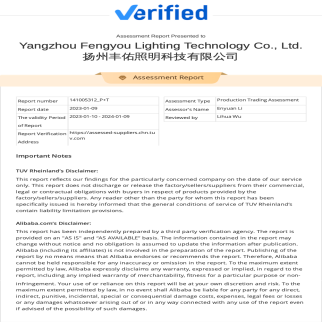
TUV-1
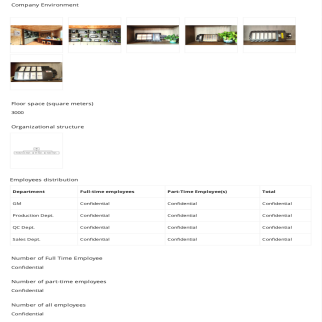
TUV-2
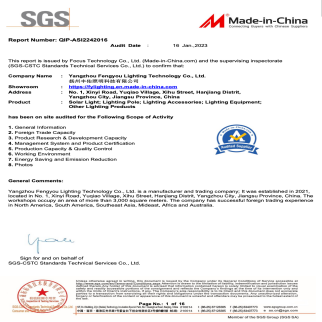
SGS-1
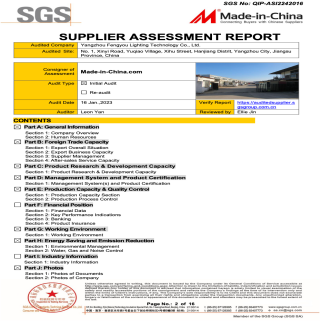
SGS-2
Specification
Power |
500W |
600W |
800W |
1000W |
Solar panel |
50W |
60W |
60W |
100W |
Battery |
3.2V 45AH |
3.2V 55AH |
3.2V 80AH |
3.2V 120AH |
Luminous |
6,000LM |
7,200LM |
9,600LM |
12,000LM |
Lamp size |
540*290*100mm |
|||
Material |
Aluminum |
|||
Waterproofing |
IP65 |
|||
Working modes |
Time control |
|||
Charging time |
5-6H |
|||
Discharging time |
24-36H |
|||
Warranty |
2 years |
|||
There are some key differences between residential and industrial Solar Street Lights, Based on the applications and lighting demands below listed some points:
Industrial Solar Street Light are designed with high intensity lighting, better for large areas such as bridges, streets, construction sites and parking lots.
Industrial Solar Street Lights, typically come bigger size battery and also solar panel capacity, the specification is higher than residential ones, this is because they have higher requirement on lighting results.
Industrial solar street lights are much more expensive than civilian solar street lights, mainly due to significant differences in design, materials, functionality, and durability. The following are some factors that may cause price differences:
1. Materials and processes: Industrial solar street lights are usually made of higher quality and more durable materials, while adopting more advanced production processes. These materials and processes can improve the performance and reliability of products, but they will also increase costs.
2. Function and performance: Industrial solar street lights usually have higher brightness and longer illumination distance to meet the lighting needs of industrial places. In addition, they may also have richer functions, such as intelligent control, automatic dimming, anti-theft alarm, etc. These features will increase the complexity and cost of the product.
3. Design and Customization: Industrial solar street lights usually need to be designed and customized according to specific site requirements to meet specific lighting requirements, safety standards, and appearance design. These customization requirements will increase the design and manufacturing costs of the product.
4. Brand and after-sales service: Famous brands usually provide better product quality and more comprehensive after-sales service, which also increases the cost of products. For industrial solar street lights, reliability and stability are crucial, so choosing well-known brands and high-quality service providers is usually a wise choice.
5. Mass production and customization: Industrial solar street lights usually require mass production to meet the needs of industrial sites. However, as the specific needs and conditions of each industrial site may vary, it may be necessary to customize specific street lights for each site. This demand for large-scale production and customization will lead to higher production and operating costs, thereby increasing the price of products.
6. Safety requirements: Industrial sites usually have higher safety requirements, so industrial solar street lights also need to meet higher safety standards. For example, they may require stronger impact resistance and waterproof performance, as well as a more stable power supply system. These additional safety measures will increase the manufacturing cost of the product.
7. Long term maintenance and renewal: Industrial solar street lights usually require longer term maintenance and renewal. This means that manufacturers need to provide continuous technical support and after-sales service to ensure the normal operation and timely repair of street lights. The need for long-term maintenance and updates will also increase the cost of the product.
In summary, industrial solar street lights are more expensive than civilian solar street lights, mainly because they need to meet higher performance requirements, customization and safety standards, as well as longer-term maintenance and renewal needs. Despite its high price, industrial solar street lights provide reliable, efficient, and environmentally friendly lighting solutions for industrial sites, which is of great significance for promoting industrial development and enhancing industrial safety.
IP66 CERTIFICATE

FCC CERTIFICATE

CE CERTIFICATE

IP66 REPORT

ROHS REPORT

FCC REPORT

CE REPORT

TUV-1

TUV-2

SGS-1

SGS-2
